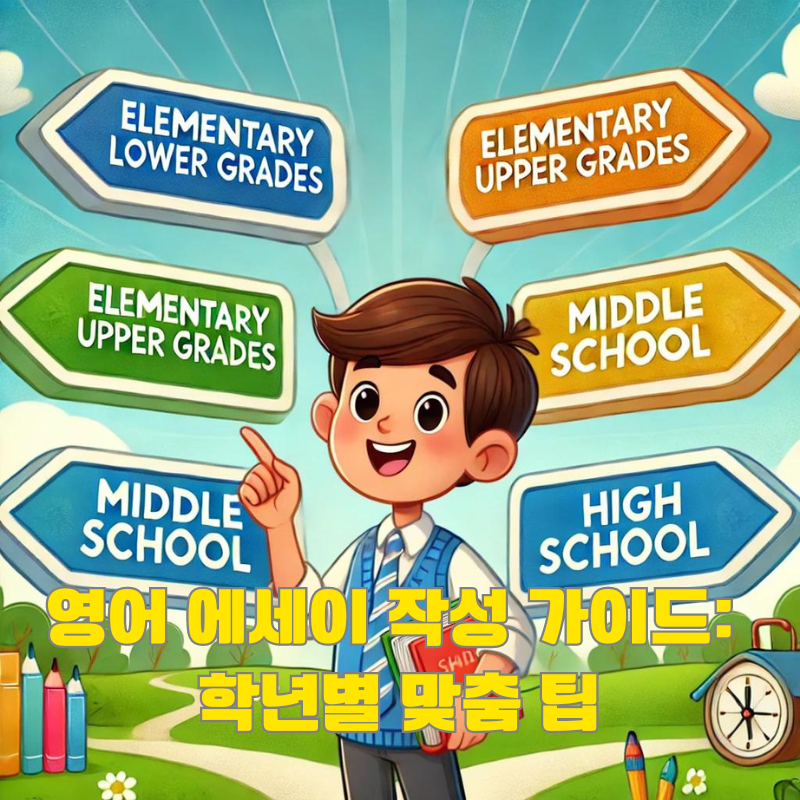티스토리 뷰
Lessons from History: What the Past Teaches Us 역사에서 배우는 교훈: 과거가 우리에게 가르쳐주는 것
바이탈쥴리 2025. 2. 23. 16:54
Introduction 서론
History is not just a collection of past events—it is a guide that helps us navigate the present and shape the future. By studying historical events, we can learn from past mistakes, appreciate human progress, and make informed decisions. This essay will examine three significant historical events—World War II, the Civil Rights Movement, and the Industrial Revolution—and the important lessons they offer.
역사는 단순한 과거의 사건이 아니라, 현재를 이해하고 미래를 형성하는 데 도움을 주는 길잡이입니다. 역사적 사건을 연구함으로써 우리는 과거의 실수에서 배우고, 인류의 발전을 인식하며, 더 나은 결정을 내릴 수 있습니다. 이 글에서는 제2차 세계대전, 민권 운동, 산업혁명을 살펴보며 우리가 배울 수 있는 중요한 교훈을 논의하겠습니다.
World War II: The Importance of Peace and Unity 제2차 세계대전: 평화와 단결의 중요성
World War II (1939–1945) was one of the most devastating conflicts in human history, resulting in millions of deaths and widespread destruction. The war was fueled by extreme nationalism, unchecked power, and racial discrimination. One of the most tragic events was the Holocaust, in which millions of innocent people were killed due to racial hatred.
The key lesson from World War II is the importance of peace, diplomacy, and international cooperation. The establishment of the United Nations (UN) after the war was an effort to prevent future global conflicts through dialogue and collaboration. Today, countries must continue to work together to resolve conflicts peacefully and promote human rights.
제2차 세계대전(1939-1945)은 인류 역사상 가장 파괴적인 전쟁 중 하나로, 수많은 사상자와 광범위한 파괴를 초래했습니다. 이 전쟁은 극단적인 민족주의, 통제되지 않은 권력, 인종 차별로 인해 발생했습니다. 그중에서도 홀로코스트는 수백만 명의 무고한 사람들이 인종적 증오로 인해 목숨을 잃은 비극적인 사건이었습니다.
제2차 세계대전에서 얻을 수 있는 가장 중요한 교훈은 평화, 외교, 국제 협력의 중요성입니다. 전쟁 이후 국제연합(UN)이 설립된 것은 미래의 전쟁을 예방하고 대화를 통한 협력을 증진하기 위한 노력이었습니다. 오늘날에도 각국은 평화적인 갈등 해결과 인권 보호를 위해 협력해야 합니다.
The Civil Rights Movement: Fighting for Equality 민권 운동: 평등을 위한 투쟁
The Civil Rights Movement in the United States (1950s–1960s) was a crucial fight for racial equality. African Americans, led by figures like Martin Luther King Jr., protested against segregation and discrimination through nonviolent resistance. Their efforts led to the Civil Rights Act of 1964, which outlawed racial discrimination in public places and employment.
The lesson from this movement is that change is possible through perseverance and peaceful activism. Social progress takes time, but through unity and determination, societies can move toward justice and equality. This lesson remains relevant today, as people continue to fight for human rights around the world.
1950~1960년대 미국에서 일어난 민권 운동은 인종 평등을 위한 중요한 투쟁이었습니다. 마틴 루터 킹 주니어와 같은 지도자들이 이끄는 아프리카계 미국인들은 비폭력 저항을 통해 인종 차별과 분리를 반대했습니다. 이들의 노력은 1964년 민권법 제정으로 이어졌으며, 공공장소와 고용에서의 인종 차별을 금지하는 계기가 되었습니다.
이 운동에서 배울 수 있는 교훈은 끈기와 평화로운 행동을 통해 변화가 가능하다는 것입니다. 사회적 발전은 시간이 걸리지만, 단결과 결단력을 통해 정의와 평등을 향해 나아갈 수 있습니다. 오늘날에도 세계 곳곳에서 인권을 위한 투쟁이 계속되고 있으며, 이 교훈은 여전히 유효합니다.
The Industrial Revolution: Balancing Innovation and Ethics 산업혁명: 혁신과 윤리의 균형
The Industrial Revolution (18th–19th century) transformed the world with technological advancements in manufacturing, transportation, and communication. While it led to economic growth and improved living standards, it also introduced problems such as poor working conditions, child labor, and environmental pollution.
The lesson from the Industrial Revolution is that progress must be balanced with ethical responsibility. Today, as we advance in artificial intelligence, biotechnology, and automation, we must ensure that innovation benefits society as a whole without harming people or the environment. Sustainability and fair labor practices should always be prioritized alongside economic development.
18세기~19세기 산업혁명은 제조업, 교통, 통신 분야에서 기술적 발전을 이루며 세계를 변화시켰습니다. 이 혁명은 경제 성장을 이끌고 생활 수준을 향상시켰지만, 동시에 열악한 노동 환경, 아동 노동, 환경오염과 같은 문제도 발생시켰습니다.
산업혁명에서 배울 수 있는 교훈은 발전이 윤리적 책임과 균형을 이루어야 한다는 것입니다. 오늘날 인공지능, 생명공학, 자동화 기술이 발전하는 가운데, 우리는 혁신이 사회 전체에 혜택을 주면서도 사람이나 환경에 해를 끼치지 않도록 해야 합니다. 지속 가능성과 공정한 노동 관행이 경제 발전과 함께 고려되어야 합니다.
Conclusion: Why Learning from History Matters 결론: 역사를 배우는 것이 중요한 이유
History provides us with valuable insights into human behavior, success, and failure. By examining past events like World War II, the Civil Rights Movement, and the Industrial Revolution, we can learn how to avoid conflicts, promote equality, and balance progress with ethical responsibility.
The past teaches us that societies evolve through challenges and struggles. By understanding history, we can build a more just, peaceful, and prosperous world. The key takeaway is clear: learning from history is essential for shaping a better future.
역사는 인간의 행동, 성공, 실패에 대한 귀중한 통찰을 제공합니다. 제2차 세계대전, 민권 운동, 산업혁명과 같은 사건을 살펴보면, 갈등을 피하고 평등을 증진하며 발전과 윤리적 책임을 조화롭게 유지하는 방법을 배울 수 있습니다.
과거는 사회가 도전과 투쟁을 통해 발전해 나간다는 것을 보여줍니다. 역사를 이해함으로써 우리는 더 공정하고 평화로우며 번영하는 세상을 만들 수 있습니다. 핵심 메시지는 분명합니다. 더 나은 미래를 만들기 위해 역사를 배우는 것은 필수적입니다.
관련글
위와 같은 중학생을 위한 영어 에세이 작성 방법이 궁금하시면 다음 링크를 방문해 보세요.
더 자세한 영어 에세이 학년별 작성 팁이 궁금하시면 다음 링크를 참고하세요.
'영어에세이' 카테고리의 다른 글
| Colors Around Me 내 주변의 색깔들 (1) | 2025.03.09 |
|---|---|
| Mental Health Awareness in Society 현대 사회에서 정신 건강 인식의 중요성 (1) | 2025.03.03 |
| My Science Experiment: The Baking Soda Volcano 나의 과학 실험: 베이킹소다 화산 (0) | 2025.02.16 |
| When I Grow Up, I Want to Be a Teacher 나는 커서 선생님이되고싶어요 (1) | 2025.02.09 |
| Exploring Quantum Computing 양자 컴퓨팅 탐구하기 (1) | 2025.02.02 |


